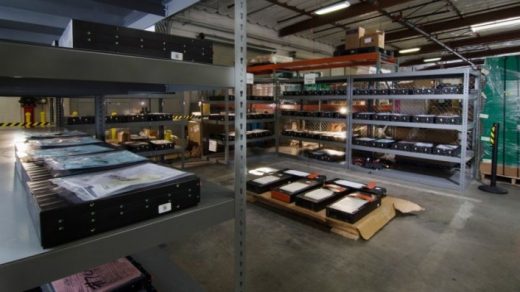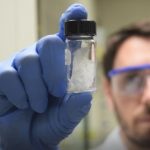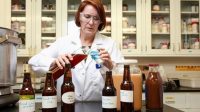This Battery Company Wants To Challenge Tesla In The Energy Storage Industry
Electric vehicles are still just a glimmer at the edge of the automobile market: They make up less than 1% of all cars sold in the U.S. But fast forward to the year 2040, and they’re expected to dominate–a report from Bloomberg New Energy Finance estimates they’ll account for 54% of sales in just three decades. This rapid growth, though, begs a question: Where are the batteries going to come from?
Right now, in the U.S., the answer would be Tesla. Out of a 3,000-acre facility on the outskirts of Reno, Nevada, Elon Musk’s Gigafactory will, by next year, be churning out 35 gigawatt-hours per year of lithium-ion batteries for both EVs and stationary structures like homes and businesses. Musk is hinting at building three more such factories. The Tesla Gigafactory is designed to supply enough batteries to meet the demand created by Tesla vehicles, but for other EV manufacturers, the supply chain between battery production and vehicle is not as clear.
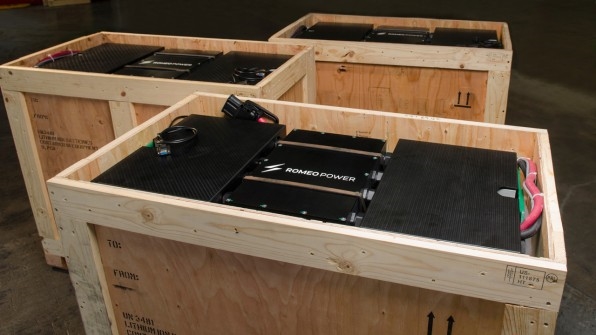
With the EV industry set to be valued at $32 billion by 2020, and with EV batteries on track to become a $240 billion industry in the next 20 years, Romeo Power, an energy storage company founded around a year and a half ago in the greater Los Angeles area, is looking to give Tesla some competition. Founded by Michael Patterson, a serial tech entrepreneur, and Porter Harris, a veteran of the battery industry who developed spacecraft power packs for Musk’s SpaceX operation and who holds several patents in the field, Romeo started selling its battery packs earlier this year, and finishing touches on its 113,000 square foot, fully automated manufacturing facility near downtown Los Angeles are slated to be completed by the end of this year, making it the second gigafactory (a term originally coined by Tesla, but now often co-opted to mean: massive battery-production facility) to open in the U.S.
Romeo currently has just over a dozen paying customers, ranging from U.S. automakers to forklift manufacturers to robotics companies like Robotic Assistance Devices, all of which can be powered by Romeo’s battery packs. Patterson tells Fast Company that Romeo has already fielded around $65 million in initial orders for 2018, which, he says, is around one-ninth of the facility’s capacity to produce. (For comparison: Musk last year estimated that Tesla would hit around $500 million in annual sales from batteries.)
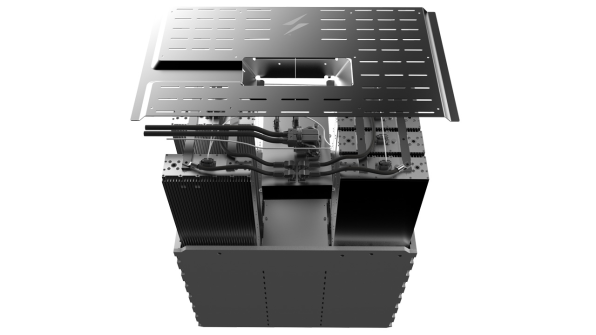
Romeo manufactures two battery products–a stationary energy storage solution called PowerStack, which enables businesses to harvest and store energy during off-peak times when it’s cheaper, and its EV battery packs. Romeo claims its battery packs are the most efficient in the world; with Harris’ expertise from the battery industry, Romeo uses the same standard lithium-ion cells as other manufacturers, sourced from Panasonic, Sony, and LG, but has designed a unique battery management system that allows the company to pack more cells into a smaller space, making a battery that delivers around four times more energy than a standard EV battery. “If you look at something like the BMW i3, it has a 114-mile range,” Harris says. With a Romeo battery pack, the company claims a car could reach 220 miles on a single charge. The Romeo battery pack’s proprietary thermal management system, Harris adds, allows the battery to cool and recharge at a rate around 20% faster than its competitors.
With Norway, the U.K., and France having all set timelines for switching to 100% electric vehicles, and manufacturers like Volvo aiming to produce all hybrids or fully electric cars in the near future, Romeo’s executive team, which recently raised $30 million in seed financing, sees a huge potential for growth in the energy storage industry, and a particular role for their company to play. “The cool thing for us is that everybody else is focused on doing the whole car–we’re just doing battery packs,” Patterson says. While Romeo’s focus is currently trained on the EV market and energy storage solutions for businesses, Patterson says that Romeo’s underlying goal is to find a way to translate its technology to end global energy poverty, and increase access to power to the 1.2 billion people in the world who don’t have access to electricity. “There are so many ways to apply technology to make people’s lives better,” Patterson says. Romeo Power is still scaling up, but once it does, expanding its presence in the developing world is its next step.
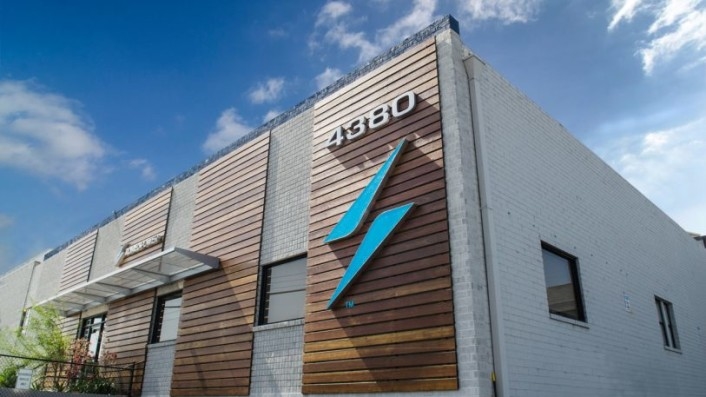
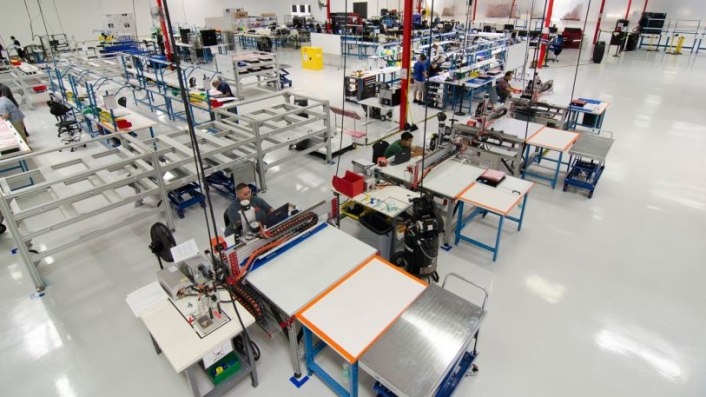
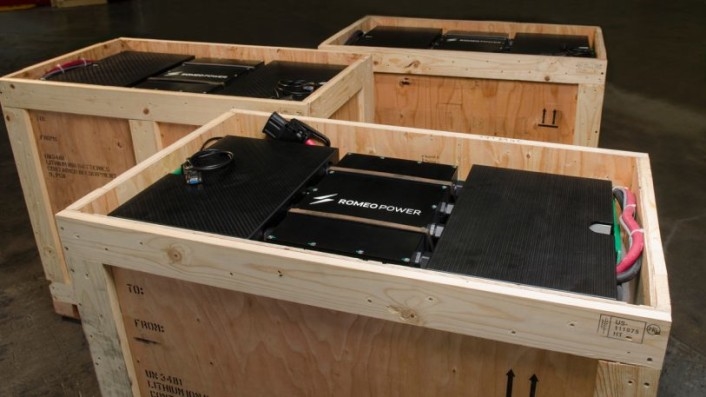
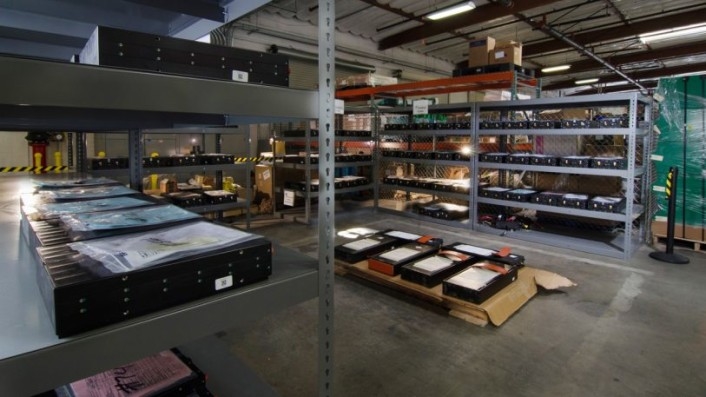
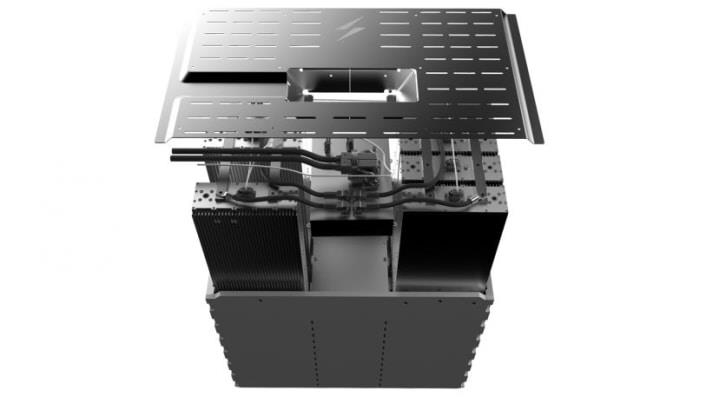
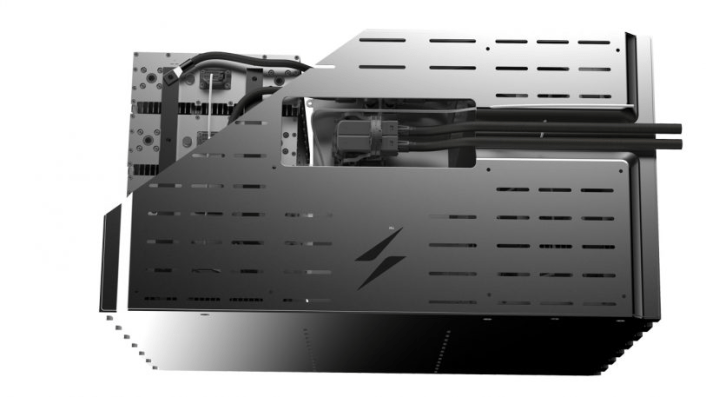
Fast Company , Read Full Story
(57)

